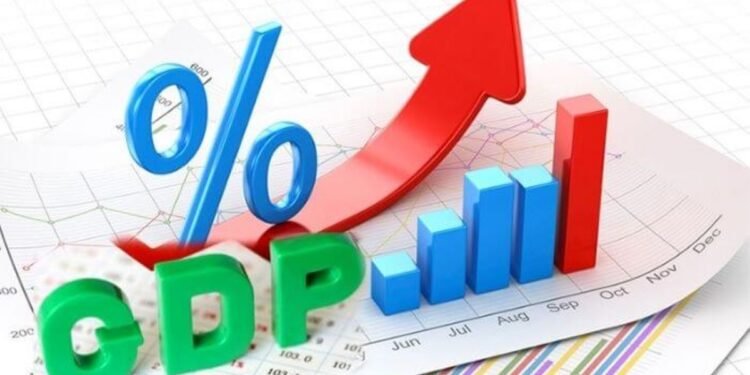Ghana has been ranked the fourth country in sub-Saharan Africa with the most dependence on imports of Indian pharmaceutical products, according to Fitch Solutions.
With an Indian pharmaceutical import share of 40%, India’s import dominance to Ghana is driven by its production and supply of affordable generic drugs.
Ghana comes after top dependents of pharmaceutical products from India such as Zimbabwe (1st)- 55%, Kenya (2nd)- 43% and Tanzania (3rd)- 42%. Meanwhile, South Africa and Nigeria, both account for less than 30 per cent of share of imports, being the countries with the least share of imports, among the top nine countries represented by Fitch Solutions.
Furthermore, India’s footprint as the top supplier of pharmaceutical products in almost all SSA countries, over the past years will continue, as it captured over 50% of total imports in major African markets in 2020.
According to Fitch Solutions this is explained the fact that countries which face greater economic challenges demonstrate stronger preference for cheaper generic medicines. Meanwhile, South Africa and Nigeria, the largest SSA economies, tend to also procure a portion of higher value patented medicines from other countries such as those in the EU, thus indicating such a smaller share.
“India will continue to assist Africa in its public health development goals and will remain a top supplier of medicines to the region.”
Being the largest providers of generic medicine worldwide, Ghana, and many African economies have benefited from the price competitive drugs from India that flood its markets, Fitch Solutions asserts. This is due to cost constraints that most African economies like Ghana face in procuring medicine supplies.
For example, cost constrained Africa’s health systems have generally benefited from the generic anti-retroviral (ARV) and anti-malarial drugs to treat outbreaks of malaria in the region as well as the HIV/AIDS epidemic.
However, Fitch Solutions is of the view that should the outbreak of the pandemic in India persist, this could impact the supply of medicine to Ghana and SSA in general. This is as a result of the region’s high dependency on India for the supply of medicine in SSA while posing some downside risks to supply of pharmaceutical products.
“The coronavirus outbreak could create a supply chain gap, as we note that there are a number of travel restrictions imposed on India including temporary suspensions of flights, which could hinder supply to SSA markets.”
Other Suppliers to take advantage of India’s slowdown
With this said, multinational drug makers outside of India could benefit from India’s slowdown, and China is rapidly stamping its presence in SSA, Fitch Solutions suggests. China’s presence in terms of medicine supply has also been increasing alongside for a decade now, Fitch Solutions notes.
“We believe that other manufacturers of generic medicine could increase their import share in SSA as countries seek alternative suppliers.
“In particular, we note that medicines manufactured in China have grown in importance across the region over the past 10 years, with pharmaceutical exports from China to Africa more than doubling, from US$5.4 billion in 2011 to US$13.2 billion in 2020.”
READ ALSO: BoG issues directive on the treatment of Captured Payment Cards in ATMs























